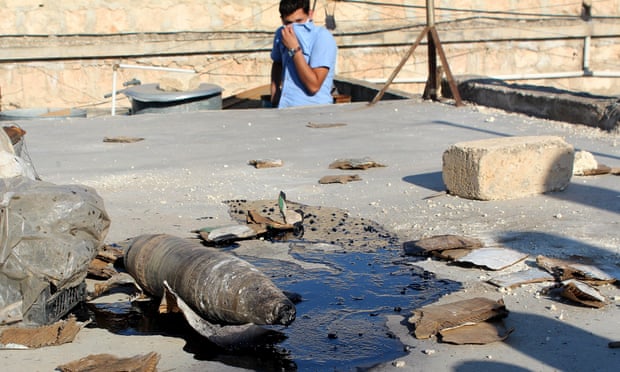By Samuel Miller
Impunity Watch Desk Reporter, North America and Oceania
WASHINGTON, D.C., United States of America — On Tuesday, the Senate approved an annual military policy bill, and White House officials said President Obama would sign the measure, despite provisions that bar the transfer of detainees from the terrorist detention center at Guantánamo Bay to the United States. President Obama vetoed an earlier version of the bill last month because it kept across-the-board budget cuts in place, and prohibited him from closing the prison.

The president had objected to the previous bill because of the Guantanamo language, as well as because it eased military spending cuts without also loosening restrictions on domestic spending.
Members of the Senate overwhelmingly approved the 2016 National Defense Authorization Act (“NDAA”) 91-3 on Tuesday, just days after the House passed the bipartisan measure by a vote of 370-58. The legislation authorizes Pentagon spending on military personnel, ships, aircraft and other war-fighting equipment.
The Senate also voted 93-0 to send Obama another bill affecting Guantanamo. The military construction appropriations measure bars spending to renovate or build facilities in the United States to house former Guantanamo detainees.
Together with extending a ban on transferring Guantanamo detainees to the United States, the bill also imposes new restrictions on transfers to third countries, including Libya, Syria, Yemen and Somalia.
White House Press Secretary Josh Earnest addressed members of the media Tuesday to explain the President’s rationale for signing the bill, while also emphasizing the President’s position toward closing Guantánamo Bay remains unchanged.
“I would expect that you would see the president sign the NDAA when it comes to his desk,” Mr. Earnest stated in a news briefing. “That certainly does not reflect a change in our position, or the intensity of our position, about the need to close the prison at Guantánamo Bay.”
Although the Defense Department has been slowly releasing prisoners from Guantánamo, there are still 112 prisoners at the prison. The majority of these inmates are suspected terrorists whom were captured in Afghanistan; Obama has made the closure of the prison a national security priority.
In response to the passage of the NDAA, Republicans on Capitol Hill fear the president may prepare an end-run around Congress, and will try to close the prison through an executive order.
“If the President moves forward with this, it would be blatantly unconstitutional, flouting laws passed by Congress,” House Homeland Security Committee Chairman Michael McCaul (R., Texas) told the Wall Street Journal.
Alternatively, there are voices in Washington which remain hopeful Guantánamo may yet be closed. “If the president can find a constitutional path to that conclusion, I hope he can serve our country by closing Guantanamo once and for all,” said Sen. Dick Durbin of Illinois.
White House officials said that Mr. Obama intended to send Congress a plan to close the detention center after signing the bill.
For more information, please see:
Reuters — Obama to sign defense bill with Guantanamo restrictions – 10 November 2015
USA Today — Obama will sign defense bill despite Guantanamo Bay closure ban – 10 November 2015
Washington Times — Congress passes defense policy bill that keeps Guantanamo open – 10 November 2015

